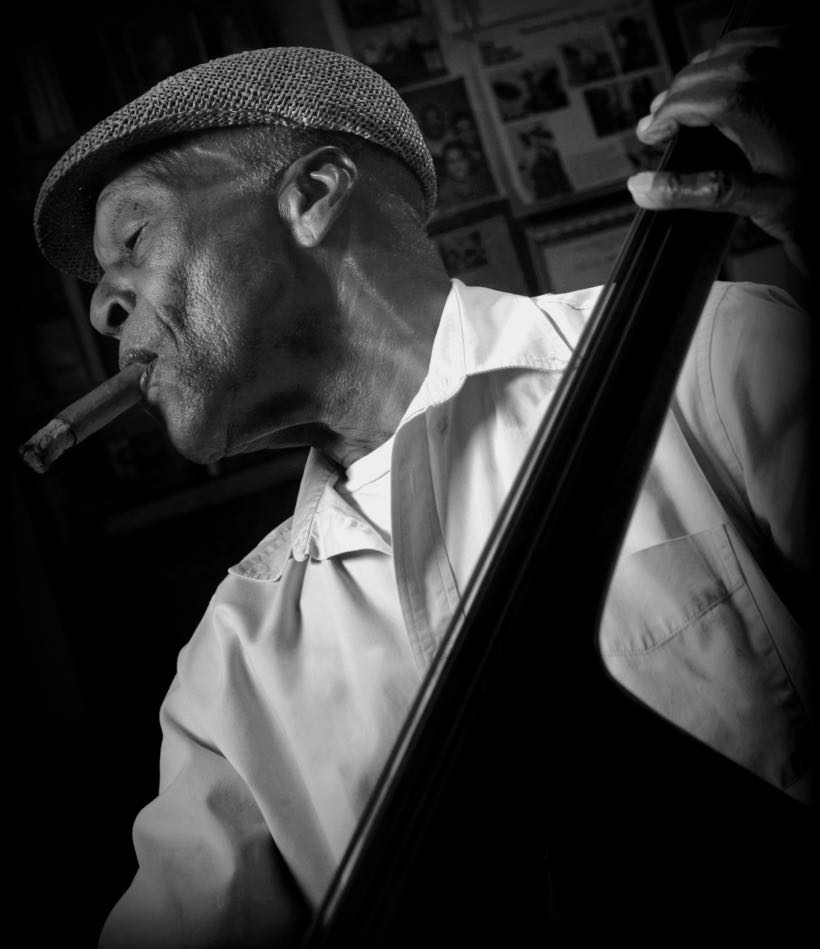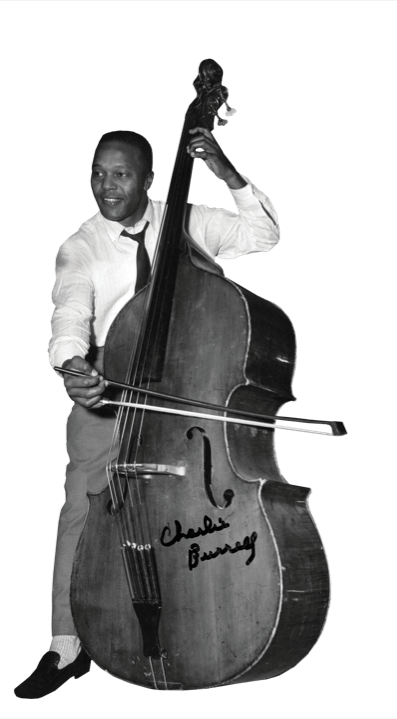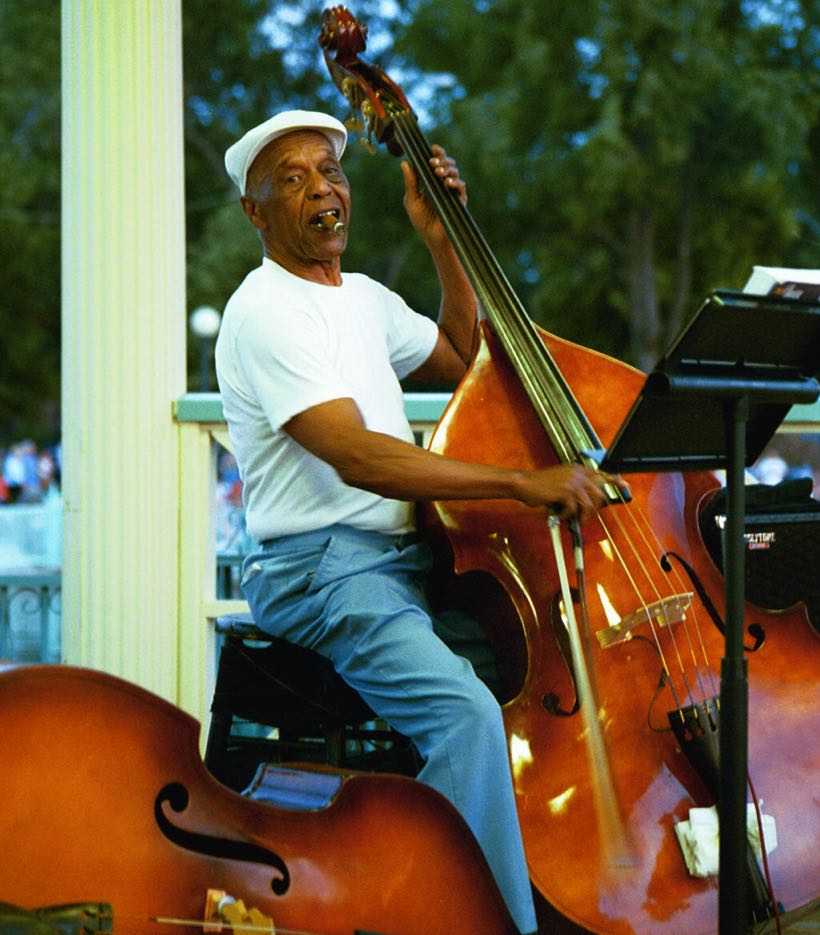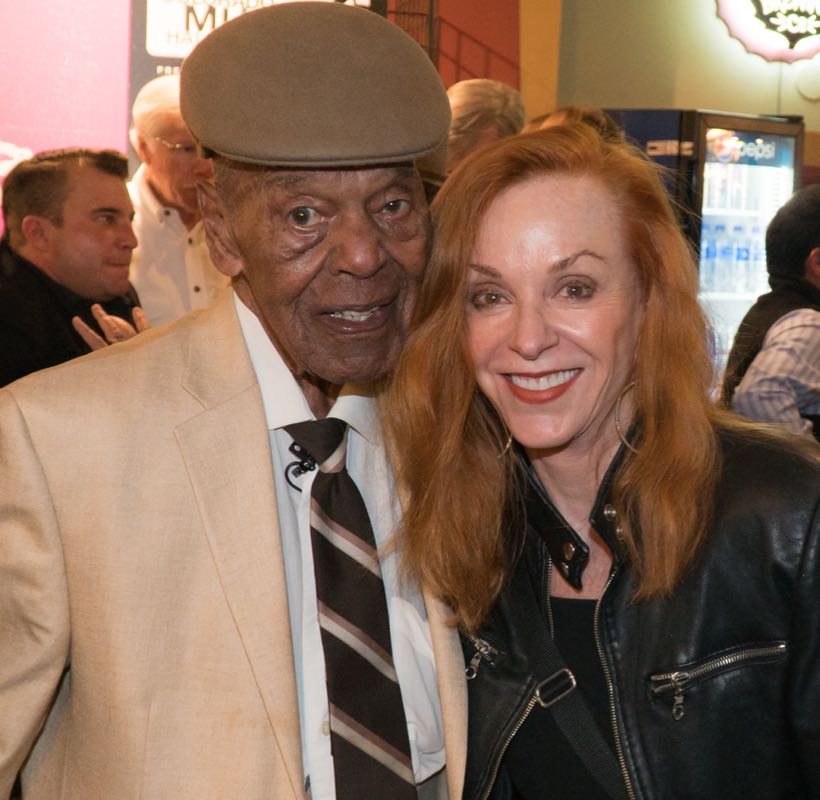The Jackie Robinson of classical music
Any story of jazz in Colorado must begin with Charles Burrell, also known as the Jackie Robinson of classical music. Burrell, a bassist, is perhaps best known for becoming the first African American to ink a full-time contract with a major American symphony, as he did when he joined the Denver Symphony Orchestra in 1949. But equally impressive is his virtuosic career as a jazz musician, making him one of a rare breed who felt as comfortable in a tux at Boettcher Concert Hall as he did with a cigar in his mouth at Five Points’ Rossonian Lounge.The first notes of Tchaikovsky’s fourth symphony proved to be Burrell’s first exposure to an incurable music bug. As soon as he heard the San Francisco Symphony on his family’s crystal radio, the kid from Detroit made it his goal to play under the orchestra’s director, Pierre Moneteux. So, when his 7th grade music teacher asked if anyone wanted to play an instrument, Burrell eagerly followed him to a set of storage lockers and took the last thing left: an aluminum string bass so large his mother thrifted him a Little Red Wagon to help carry it.




